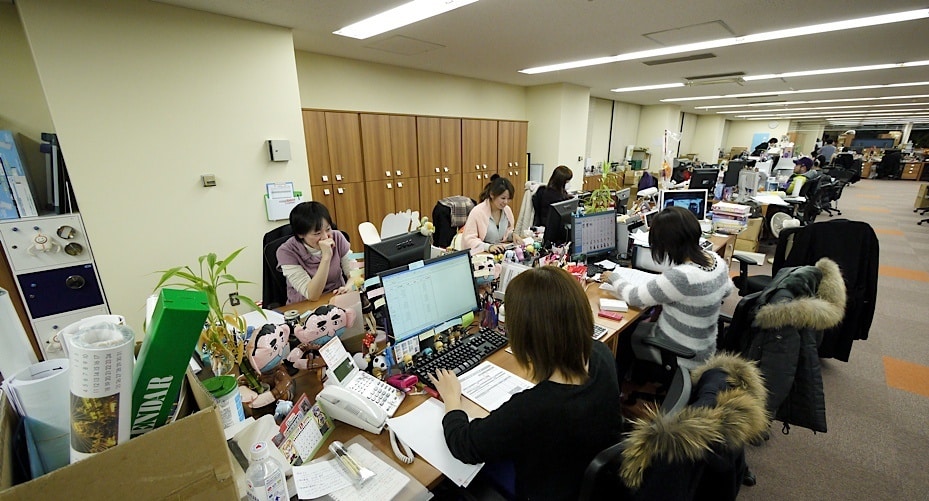 BBC News
BBC NewsBorrowing was £17.4bn last month, the second highest October figure since monthly records began in 1993.

Finito World takes a look at what employability skills are the most important and how it can improve your career prospects
Employability skills might seem to be a bit of a mouthful. But the world is becoming more competitive. A phrase which takes as long to say as to make a cup of coffee is becoming increasingly important.
Why are employability skills so essential? It’s do first of all with the global economy, an inheritance of the settlement after the end of the Second World War. Borders are becoming more porous and businesses more international. The pool of talent competing for jobs has radically increased.
The only way to meet that reality is to up your game. Gone are the days when you could stroll into Dad’s friend’s bank or law firm without an interview. Now is the time of AI interviews, and fierce competition for every role. Even roles which may not seem all that desirable are competitive.
So what’s necessary? First of all you need to work on your communication skills. That will be verbal and in-person, and in written communications.
Sir Winston Churchill famously wrote of the importance of short, sharp memoranda that go to the point. The same is true when we are speaking aloud. Anyone starting out on their career would do well to learn to calibrate what they say. You need to put your hand up, but not seek to dominate.
All that entails good listening skills, and that in turn implies teamwork. How well can you read the emotions of others? Are you able to see your way round corners? When it comes to employability skills which employers need, teamwork is important. We need to make sure we fit in.
Most roles also entail some form of problem-solving. The world very rarely runs smoothly. Employers want to know that employees can engage in critical thinking and analyse situations. They need to work to the advantage of the overall organisation.
One must become adept at not thinking primarily about oneself. You must ask yourself each day what you can do to further the good of a particular organisation.
But no employer expects you to get everything right all the time. Setbacks and disappointments are built into business as they are into life. In a changing, rapid world mistakes happen. Employers want to see that employees have resilience and a willingness to learn.
All of us has capacity for growth: career employability is to do with seeking to foster those capacities. You must not turn your back on any notion of self-improvement at the first crisis or letdown.
If you can do that, you’ll be well on the way to developing leadership skills within yourself: employers often say they’re looking for self-starters. You must demonstrate over a reasonable period of time that you are able to arrive at the answer to difficult questions on your own. Then management will start to consider you for a leadership role.
That will take time – and perhaps that will imply patience. But at the same time, it is to do with work ethic. That is an area where young people can really differentiate themselves. The famous West Coast lawyer John Quinn used to take his cohort of new arrivals down to the lake on his estate. He would say: “Swim to the other side!” The first two to enter the water would get jobs at the end of it.
You need to be the first in that lake to succeed: if you don’t someone else will. It was said of the tennis-player Tim Henman that he wasn’t the best tennis player in his class at Reed’s School. But if the coach said: “Go and hit a ball against the ball for ten hours” would go and do it.
Fostering that work ethic can lead you to surprising places. Doing things over and over again might seem boring from the outside, but commitment leads to deeper understanding.
But none of this should be at the cost of the bigger picture. When it comes to career employability, you need to realise you’re in a globalised economy. You must also seek to understand the variety of functions which your organisation carries out.
Above all, career employability is about never stopping learning. It is an avenue to a rich and fulfilling career, and therefore to a productive life. You might find that the employability skills important to an employer are also important to you.
To learn how to develop your employability skills go to: https://www.finito.org.uk/